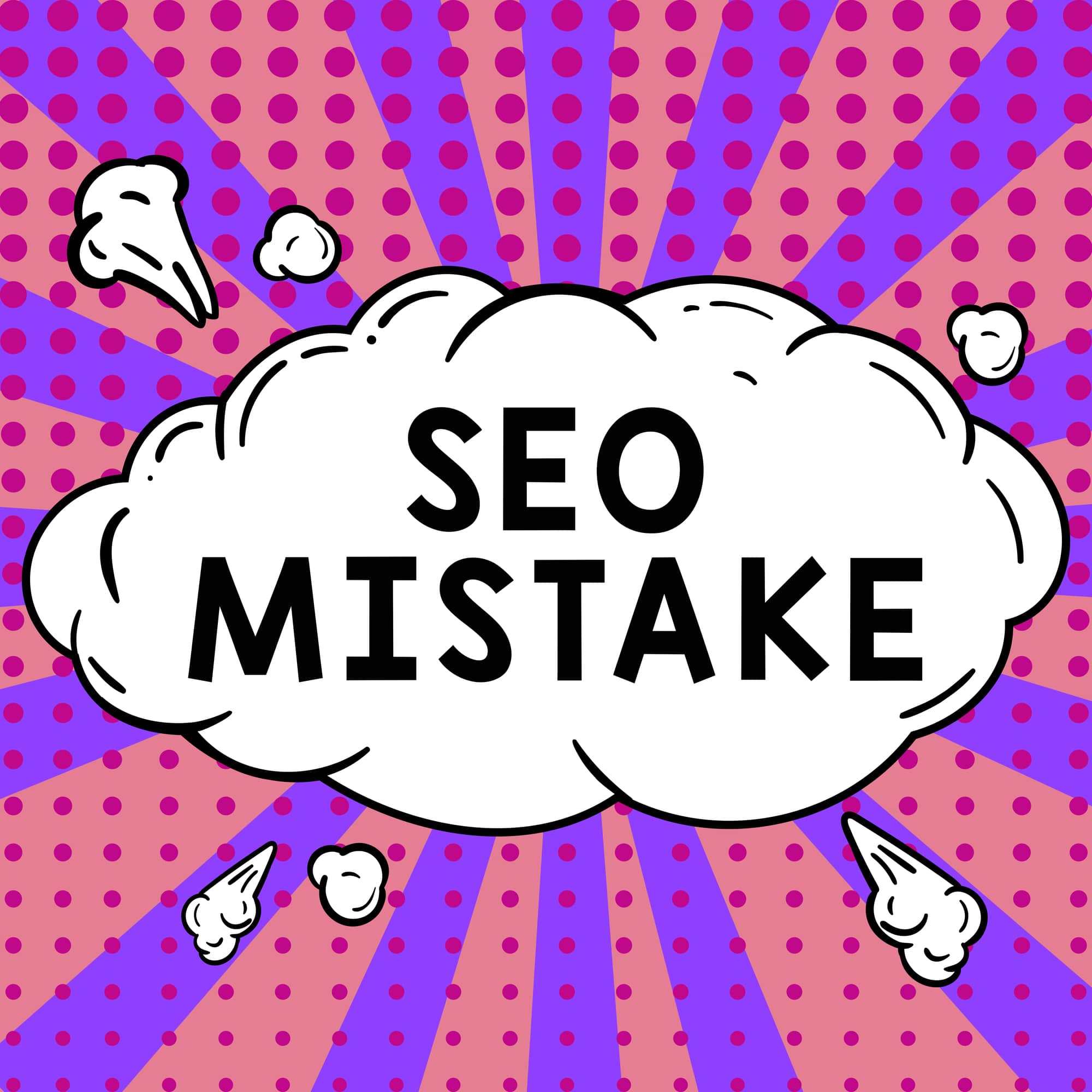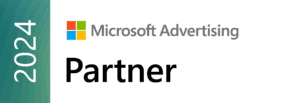
Looking to boost your business’s online presence? You’ve likely heard that SEO can help you attract more organic search traffic. But SEO can be a complicated puzzle, often with too many pieces that just don’t seem to fit the way you want them to. Take it step-by-step. When you start working on your SEO puzzle, you’ll want to find keywords first.
But how many keywords should you use on each page? And how do you use them effectively without overdoing it? Hopefully this article breaks things down and helps you use keywords to attract more visitors to your site. If you have additional questions after reading, reach out to us at info@periscopeup.com.
How Many Keywords Should You Use Per Page?
The general rule of thumb is to focus on one main keyword for each article or landing page you create. This primary keyword is your target, the main focus that you want your page to rank for in search engine results. However, focusing on just one keyword doesn’t mean you can’t use additional relevant keywords to enhance your content’s reach.
You may want to include secondary keywords as well. These should be related to your main keyword, but they’ll capture additional traffic and cater to more specific search queries from potential customers. Your primary and secondary keywords may both be considered long-tail keywords (and they should be if your site has a low authority).
Long-tail keywords are more specific phrases with less competition in search queries. They’re excellent for pulling in highly targeted traffic. You can find great long-tail keywords using a keyword research tool like SEMrush or Ahrefs. “Unicorn” keywords would be those with high search volume and very low competition.
Again, you should be focusing on one primary keyword (which may be long-tail). You’ll show up for other keywords based on your synonyms and semantic search.
What’s the Right Keyword Density?
Once you find your target keyword, how many times should you use it on the page?
Keyword density used to be a major focus in SEO; however, keyword stuffing is no longer effective and can hurt your rankings. Modern SEO practices focus on creating quality content that naturally incorporates relevant keywords. This means writing in a way that feels natural and provides value to your readers.
Instead of counting every single keyword, use synonyms and related terms that help explain and support your topic. Search engines are sophisticated enough to understand synonyms and the context around them. You don’t have to repeat the same words over and over again. Instead, focus on making your content informative, original, and engaging.
So Where Should SEO Keywords Go?
Knowing where to place your keywords is as important as knowing which keywords to use. To get the most impact, make sure your primary keyword appears in a few key places:
Title Tag: Place your main keyword as close to the beginning of the title as possible.
H1 Tag: This is the main headline of your page; include your primary keyword here.
First Paragraph: Mention your primary keyword early (in the first 1-2 paragraphs) to reinforce the topic of your page. You may even want to bold it (if it makes sense).
Subheadings: Using your keyword in H2s or H3s can help structure your content and make it easier for readers (and search engines) to scan.
No matter what, remember to prioritize the flow and readability of your content. Keywords should fit naturally into your text, enhancing the message rather than distracting from it. (Avoid keyword stuffing!)
Our Team Can Help With Your SEO Keywords & Content Optimization
You don’t have to handle SEO on your own. Our agency is here to help, from creating SEO strategies and picking relevant keywords to performing a competitor analysis and crafting high-quality content that resonates with both search engines and your target audience.
Interested in boosting your site’s performance? Call periscopeUP today at (443) 475-0787 or email us. Our SEO professionals can help you achieve your SEO goals and grow your business.







